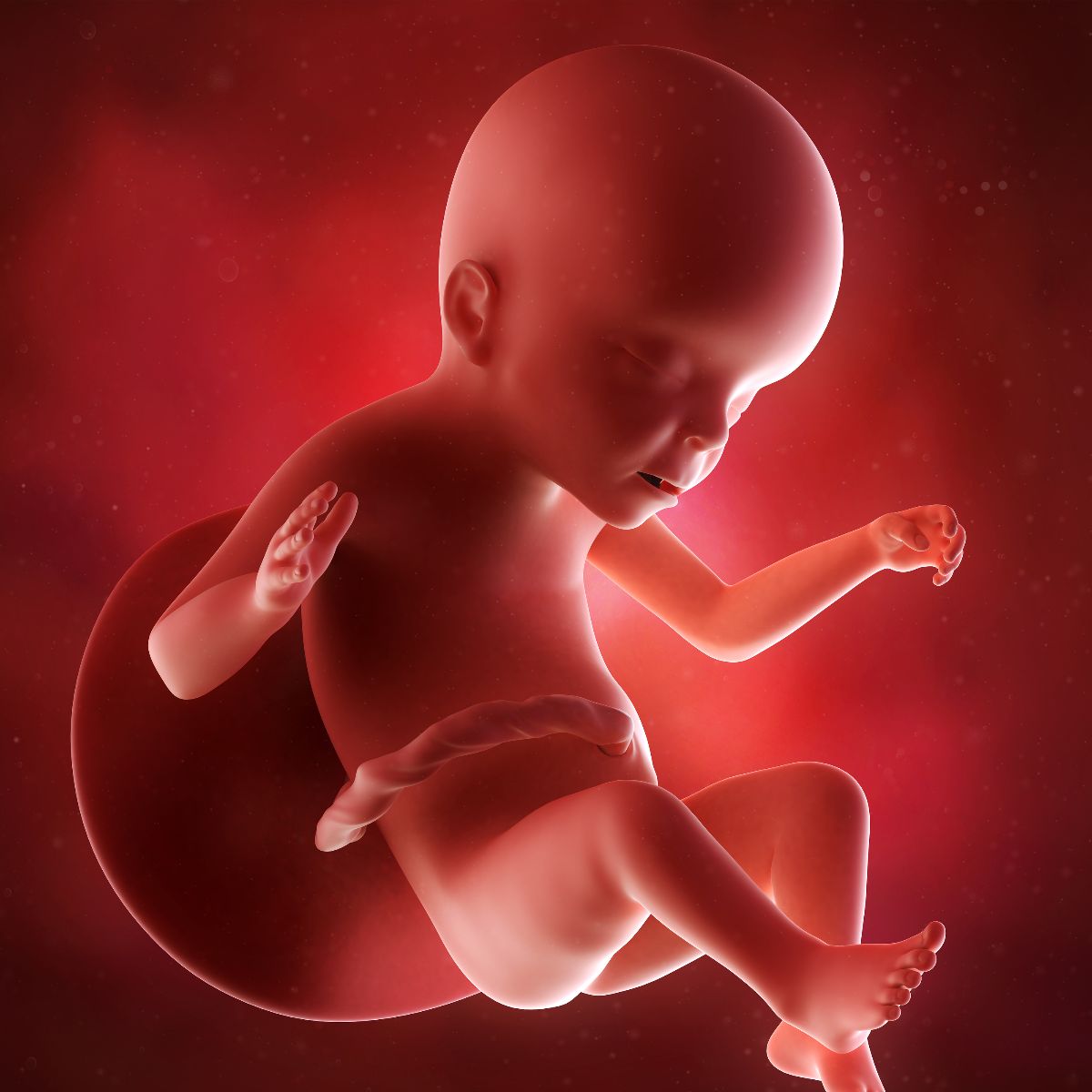 Source: bing.com
Source: bing.comTable of Contents
What’s Happening Inside?
At 23 weeks of pregnancy, your baby is the size of a large mango, measuring approximately 11.4 inches from head to heel and weighing around 500 grams. Inside, your baby’s senses are developing, and they can now hear your voice, heartbeat, and even the outside noises like music or people chatting.
Your baby’s eyes have developed enough to perceive light, and they even have eyebrows and eyelashes. They can also make facial expressions like frowning, squinting, and even smiling (although you won’t be able to see it yet!).
Your baby’s lungs are also developing rapidly, and they can practice breathing by inhaling and exhaling amniotic fluid. Their digestive system is becoming more sophisticated, too, as they start to swallow the amniotic fluid and produce meconium, the first bowel movement.
What Changes Can You Expect?
At 23 weeks, you may start to feel more pronounced kicks and movements as your baby grows stronger. You may also experience some new symptoms as your body adjusts to the changes.
One common symptom is backaches, which can be caused by the extra weight and pressure on your spine. You may also have some swelling in your feet and ankles due to the increased fluid retention. Leg cramps and constipation are other common complaints at this stage.
What You Can Do To Help Your Baby
At this stage, it’s important to continue taking care of yourself to ensure the best possible outcome for your baby. Here are some things you can do:
- Continue to eat a healthy, balanced diet, including plenty of fruits and vegetables for essential vitamins and minerals.
- Stay active by doing gentle exercise like walking, swimming, or prenatal yoga. This can help with back pain and swelling and also prepare your body for labor.
- Get enough rest and sleep, aiming for at least 7-8 hours a night. This can be difficult with the frequent bathroom trips and discomfort, so try to nap during the day if possible.
- Avoid smoking, alcohol, and drugs, which can harm your baby’s development and health.
Conclusion
At 23 weeks, your baby is growing rapidly, and their senses and organs are developing quickly. It’s an exciting time, but it can also bring some discomfort and new symptoms for you as well.
By taking care of yourself and your baby, you can ensure a healthy pregnancy and a happy, healthy baby.
FAQs
Q. Can I feel my baby’s hiccups at 23 weeks?
A. Yes, it’s possible to feel your baby’s hiccups at 23 weeks, but it may not be as common as later in the pregnancy.
Q. Why am I experiencing leg cramps at 23 weeks of pregnancy?
A. Leg cramps are a common symptom during pregnancy, especially at night. They’re usually caused by the extra weight and pressure on your leg muscles and nerves.
Q. Can I still travel at 23 weeks of pregnancy?
A. It depends on your individual situation and pregnancy. It’s generally safe to travel during the second trimester, but you should consult with your healthcare provider first.
Q. What should I do if I have trouble sleeping at 23 weeks of pregnancy?
A. Try to establish a relaxing bedtime routine and avoid caffeine or other stimulants before bedtime. You can also use pillows for extra support and comfort, and talk to your doctor about safe sleep aids if necessary.
Q. How often should I feel my baby move at 23 weeks of pregnancy?
A. Your baby should be moving regularly by 23 weeks of pregnancy, and you should feel at least 10 movements within a 2-hour period. If you’re concerned about your baby’s movement, talk to your healthcare provider.
